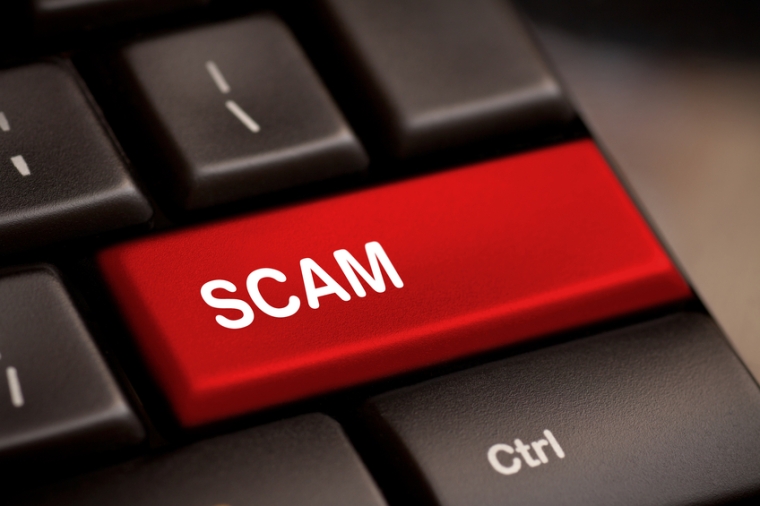
The following are some of the scams reported to Better Business Bureau serving the Northwest in July. In most instances names and locations have been omitted to protect the victims’ privacy.
Alaska
Sweepstakes/BBB Affiliation Scam
An Anchorage man reports he received a call from someone named “James Stewart” from American Sweepstakes. The caller wanted the Anchorage man to fill out tax documents in order to deposit the money. The caller also stated he was working with BBB. Better Business Bureau does not offer sweepstakes prizes. Fortunately, the man did not lose any money in the encounter.
Idaho
Phishing Scam
A Nampa woman reports someone called her home claiming to be with the DISH Network. She was told the company needed to make updates to her software. The woman was prompted by the caller to reveal the last four digits of her social security number in order for them to make the updates. She was then asked to pay a $99 fee. This alerted the woman and she refused to pay the money. She reported the scam to BBB and the Attorney General’s office.
Craigslist Scam
A Boise woman reports she was nearly scammed when she tried to sell her car on Craigslist. The woman states she received an offer from someone claiming to be a Marine in Quantico, Virginia. He wanted to pay through PayPal. The woman reports his texts and email had a lot of misspellings and information he revealed about himself turned out to be untrue. Fortunately, she didn’t complete the transaction with him.
Government Grant Scam
A Nampa woman reports she was notified she had won a government grant for having good credit. She was told she’d receive $7,000, but needed to provide her city, state, zip code and age. The woman stopped speaking with the callers, but continued to receive calls from them throughout the day.
Oregon
Home Improvement Scam
A Sherwood woman reports she lost $1,100 in a home improvement scam. The woman claims she knew the person doing work on her home and had hired them in the past. She agreed to pay half of the $2,200 cost the home repairs would need. However, she reports the workers avoided her calls and failed to show up to do the repairs.
Advanced Fee Loan Scam
A Hillsboro woman reports she was contacted by Triple Services LLC who said she had outstanding debt from 2011. She states the caller had her personal information including her social security number. The company told her it needed to collect $2,547 for a $500 loan. The Oregon woman reports the callers kept changing the amount of money owed, leading her to believe it was a scam. She reported the company to BBB.
Montana
Fake Invoice Scam
A Bozeman woman reports she received a large order to her online store. The buyer requested the seller use a different shipping company called DXB Logistics. The Bozeman woman contacted DXB and was told to wire a payment that was higher than the original shipping fees. The seller stopped doing business with the buyer and cancelled the customer order.
Washington
BBB Affiliation Scam
A Kent business owner reports someone called her company asking to speak with her about her financials. The woman claims the caller was insistent and harassing with her employees. She called the person back and they told her they were working with BBB. However, the caller could not answer her questions truthfully so she ended the conversation.
IRS Scam
An Issaquah woman reports someone called her claiming to be with the IRS. The caller told her there was a warrant out for her arrest for tax evasion, but it would be cleared up if she paid $2,950 in iTunes gift cards. The woman did not pay the money.






 5. In a lottery/sweepstakes scam, you get an unsolicited phone call, email or letter stating you’ve won a prize, but in order to collect the winnings, you have to wire a small sum of money to pay for “processing fees” or “taxes.” You never get your “winnings,” and the scammer has your money. You never have to pay to receive legitimate winnings.
5. In a lottery/sweepstakes scam, you get an unsolicited phone call, email or letter stating you’ve won a prize, but in order to collect the winnings, you have to wire a small sum of money to pay for “processing fees” or “taxes.” You never get your “winnings,” and the scammer has your money. You never have to pay to receive legitimate winnings.

![Photo by Psychonaught [public domain]](https://bbbnews4u.wordpress.com/wp-content/uploads/2014/04/american-cash.jpg?w=300&h=239)




You must be logged in to post a comment.